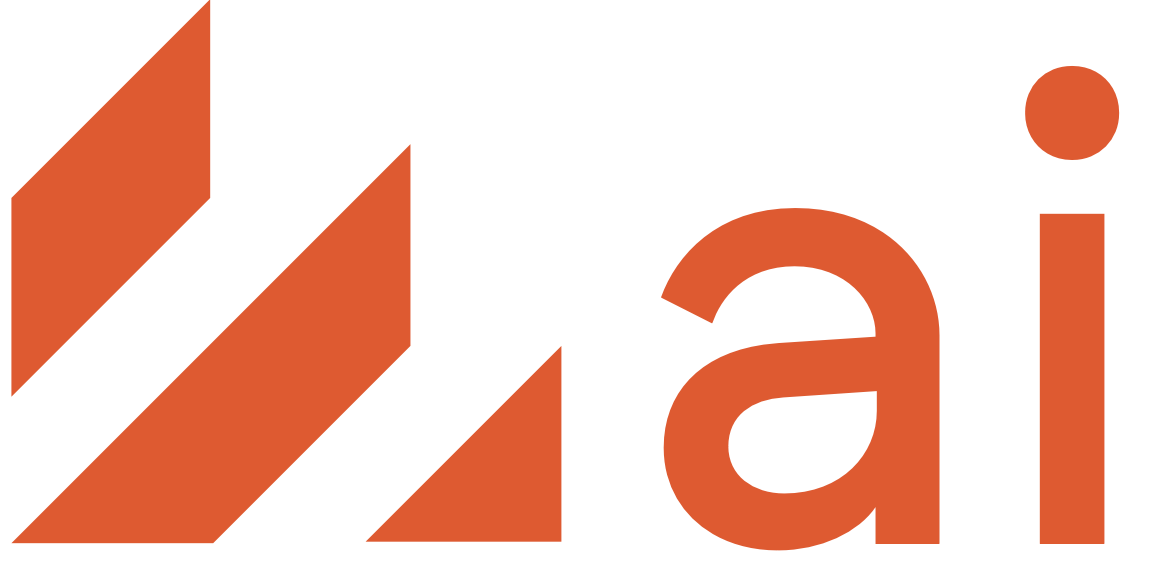Emerging importance of Games
- In the end will it be just self-actualisation via games that will create the challenges?
- In a solved world, do we need more games to play?
Games are already the most powerful structured environments we’ve created for challenge, feedback, and progression. They’re basically synthetic “hero’s journeys” packaged in interactive loops. As AI + metaverse layers evolve, games can become fully personalised—dialling difficulty, narrative, and meaning to match each individual’s path toward self-actualisation.
Games as Structured Self-Actualisation
- Challenge & flow: Mihaly Csikszentmihalyi’s “flow” model maps perfectly to game design—just hard enough to stretch you, not so hard it breaks you.
- Agency & mastery: Games give players agency, choices with consequences, and tangible progress markers—core drivers of self-actualisation.
- Safe failure: Unlike real-life stakes, games allow iterative learning without catastrophic costs.
Expanding Beyond “Entertainment”
- Already we see games bleeding into education, work, and governance (e.g., simulations, DAOs with game-like quests, cooperative platforms).
- If communities and systems adopt game mechanics to coordinate action and growth, games stop being just “play” and start being containers for meaning.
Potential Futures
- Optimistic: Games evolve into adaptive self-actualisation engines—each person gets bespoke “quests” aligned to personal and communal flourishing.
- Pessimistic: We get trapped in escapist game loops that simulate self-actualisation but don’t integrate back into real-world growth.
- Middle path: Games become one of several primary modes for creating challenges—alongside real-world projects, relationships, and natural systems.
So—maybe not only games, but games could be the primary design language through which challenges are created, personalised, and made meaningful – “Level Up”
⸻
A map of self-actualisation game loops across three levels: personal, community, and civilisational. Think of it as concentric circles where the same design principles apply, just scaled.
Personal Level (Individual)
Core Loop: Challenge → Effort → Feedback → Mastery → New Challenge
- Quests: Fitness goals, learning a new skill, creative projects.
- Mechanics: Levels (progress markers), XP (measurable growth), loot (rewards, recognition).
- Feedback: Instant (apps, trackers, AI tutors) + long-term (self-reflection).
- Self-actualisation payoff: Autonomy, competence, purpose.
Example: Duolingo as a “language RPG,” but imagine it tuned to your life goals with adaptive AI narratives.
Community Level (Collective)
Core Loop: Shared Quest → Roles → Cooperation → Achievements → Renewed Quest
- Quests: Run a local BioHub, publish open research, organise a festival.
- Mechanics: Guilds (teams), raids (big projects), co-op play (distributed tasks).
- Feedback: Badges, shared dashboards, community recognition.
- Self-actualisation payoff: Belonging, contribution, shared meaning.
Example: A DAO or co-op where each member takes “quests” aligned with skills/passions, with reputation and trust as in-game stats.
Civilisational Level (Planetary)
Core Loop: Grand Narrative → Epochal Challenges → Collective Response → Cultural Evolution → New Narrative
- Quests: Climate restoration, space exploration, governance redesign.
- Mechanics: Seasonal resets (generational renewal), world events (existential crises), unlockables (new tech, cultural shifts).
- Feedback: Histories, myths, institutions.
- Self-actualisation payoff: Transcendence, legacy, cosmic purpose.
Example: UN-style planetary quests reframed as “world raids” where states, orgs, and individuals play interlinked roles — with metrics visible as global progress bars.
Meta-Loop: Integration
- Personal → Community: My skill quests fuel the guild’s shared projects.
- Community → Civilisation: Guild wins ripple into systemic change.
- Civilisation → Personal: The grand narrative gives personal quests deeper meaning.
This meta-loop is what prevents games from being just escapism: each layer “plugs into” the others.
Related
- selfdriven.fyi/levelup - frameworks e.g. Improvement Cycle, The Three Laws of Performance.
- octomics.io – incentives.
- octology.io – ontology, templates, defining context
- selfdriven Level Up App
References
Octology defining context:
- Communities
- Network / Tech
- Model
- Experience
- Value
